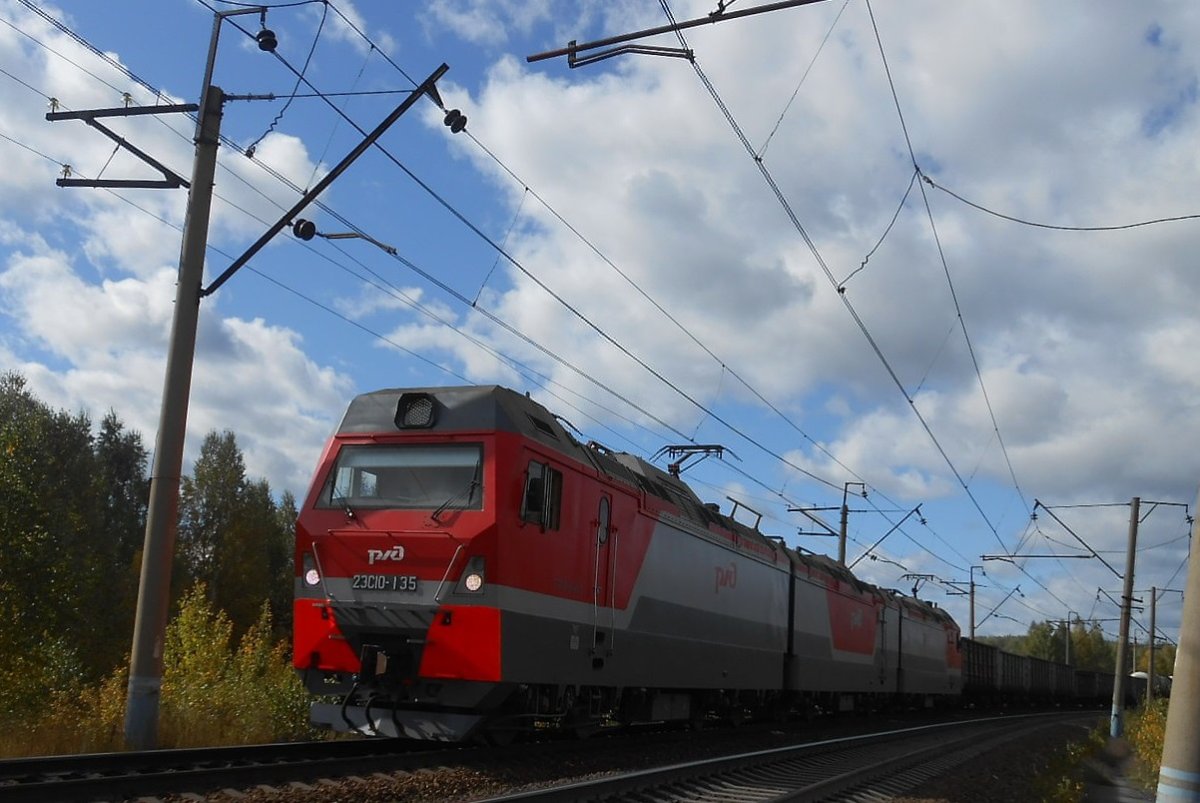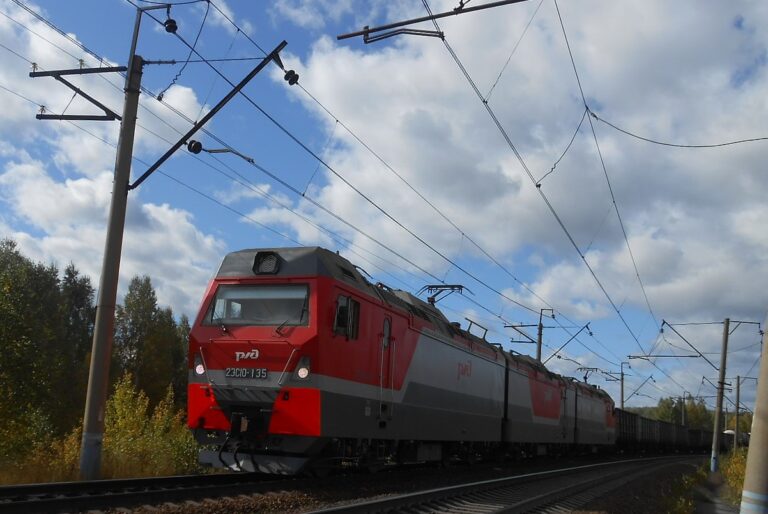Russian companies are increasingly finding themselves unable to pay for goods due to be imported by rail from China as Chinese financial institutions take special care to avoid running afoul of sanctions imposed over Russia’s war with Ukraine.
According to the Amsterdam-based news agency, payments for about half of rail transports have been refused since May. The Moscow Times Citing Russian logistics industry sources, the paper wrote on Sunday that this is reportedly five times the rejection rate for imports sent by other means of transport.
The move comes as major Chinese banks are scrutinizing Russian orders, recipients and other details, with long-term deals being put on hold for due diligence and increasingly rejected, as they seek to circumvent secondary sanctions threatened by Washington against anyone facilitating trade that could support Russian military bases.
According to Russian merchants, rail freight transport is the hardest hit by the trade refusal because many of the companies involved in rail transport are on the sanctions list.

Wikimedia Commons
“Among other things, they ask for data on transport routes, often in great detail, right down to the container and railway platform numbers on which the export cargo will be transported,” an employee at a logistics company told the outlet.. The deal would be rejected if sanctioned entities were found to be involved, the sources added.
The Chinese and Russian foreign ministries did not immediately respond to written requests for comment.
Last month, the Russian branch of Bank of China joined other “big four” Chinese international financial institutions in stopping payments in yuan, a move that financial industry analysts told local media would force Russian companies to turn their transactions over to non-bank actors, increasing the risk of fraud.
Chinese trade, including imports of Russian oil and natural gas, has bolstered Russia’s isolated economy since the war began, with total trade reaching a record $240 billion last year.
However, Chinese exports of manufactured goods to Russia fell 15.7% in March from a year earlier, the first decline since 2022, according to Chinese customs data. Exports also fell 13.6% in April.
Russian financial expert Egor Sushin said the main reason for the decline was the high base value achieved in 2023. However, he wrote in a Telegram post that this “may indicate problems in paying for imports.”
Washington in June added 300 entities and individuals, including about 50 in mainland China or Hong Kong, to its sanctions list for allegedly being involved in exporting semiconductors and other dual-use technology that could aid Russia’s military.
Rare knowledge
Newsweek is committed to challenging conventional wisdom, seeking common ground and finding connections.
Newsweek is committed to challenging conventional wisdom, seeking common ground and finding connections.

